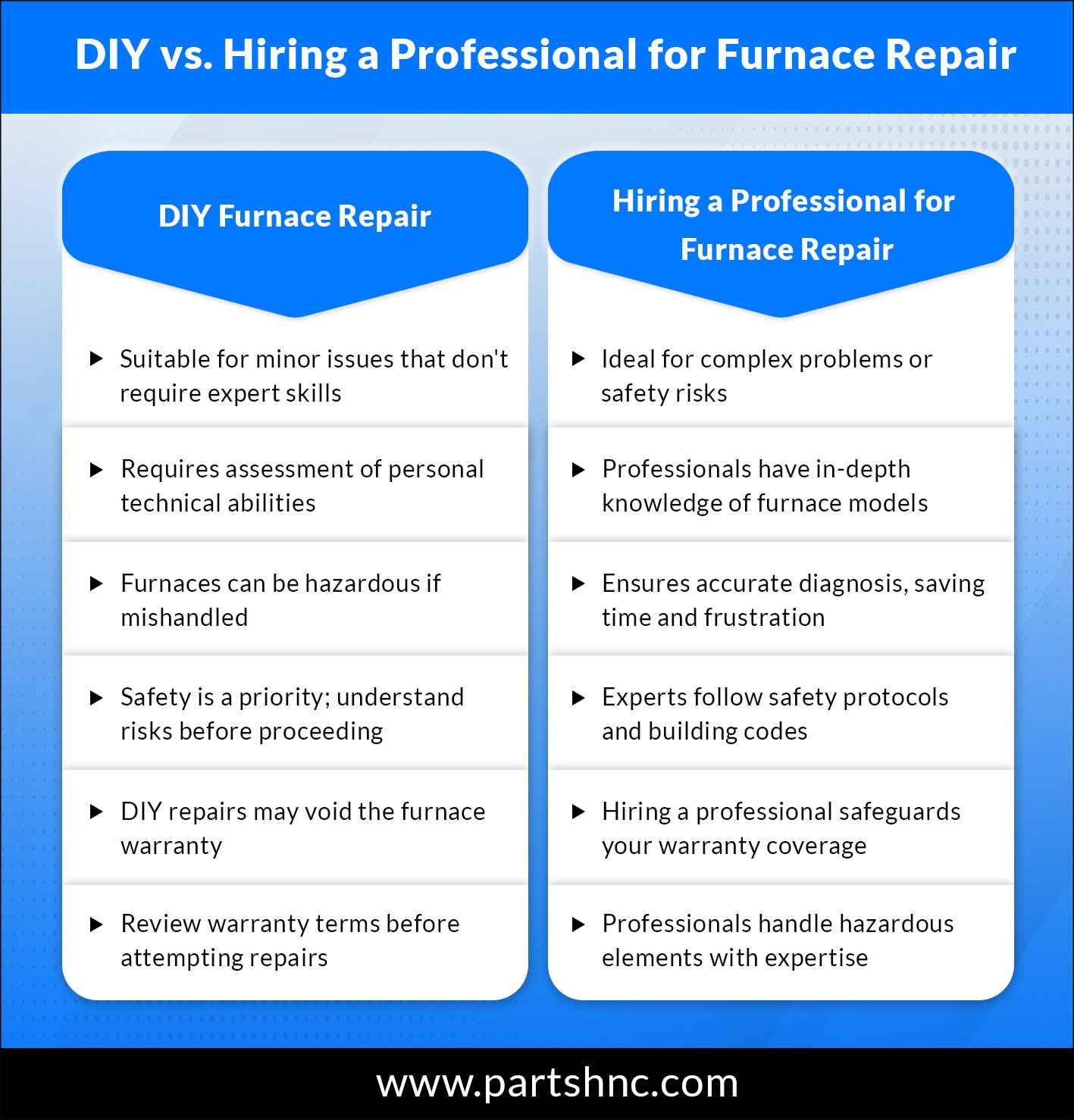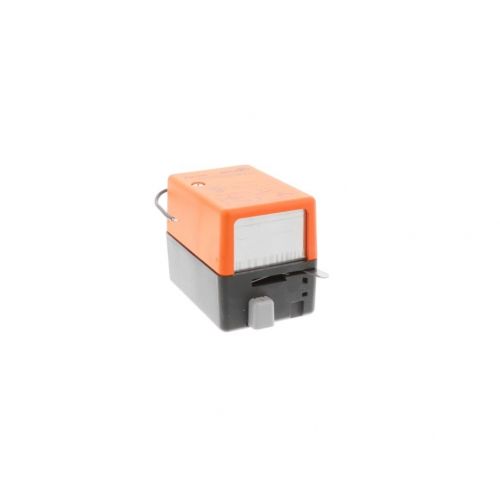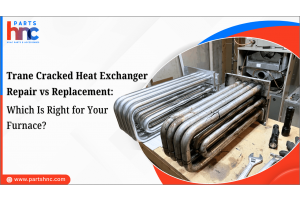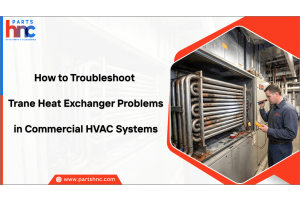How Much Does It Cost to Repair a Furnace
As winter approaches, the warmth and comfort provided by a well-functioning furnace become invaluable to homeowners. The importance of a reliable furnace cannot be overstated. However, like any essential system, furnaces require regular maintenance and occasional repairs to ensure optimal performance. In this blog, we aim to shed light on the factors influencing furnace repair cost. Giving homeowners an overview of their average expenses. From minor fixes that may cost as low as $50 to more complex repairs reaching over $1,200, we'll explore the key determinants that contribute to these price ranges. When it comes to home furnace repair, whether your furnace is powered by gasoline, propane, or electricity, understanding the potential costs can help you make informed decisions.
Cost to Repair a Furnace
The cost of home furnace repair can vary based on several factors. In general, furnaces can be classified into three primary categories, based on the fuel they use for heat generation: electric, gas, and oil or propane. The cost of furnace repair varies depending on the type. For electric furnaces, the average repair expense falls within $50 to $300. Conversely, oil or propane and gas-powered furnaces require a higher payment, with typical furnace service cost ranging from $300 to $1,200. Below is a table that presents the average furnace repair cost you can expect to pay for a furnace repair:
|
Category |
Average furnace repair cost |
Highest Furnace Repair Cost |
Lowest Furnace Repair Cost |
|
Furnace |
$50- $300 |
$300- $1200 |
>$100 |
Factors Affecting Furnace Repair Costs
When your furnace starts acting up, it's only natural to wonder how much it will cost to get it back in working order. The answer lies in the intricate web of furnace parts that keep your heating system running smoothly. From furnace inspection cost to full replacement estimates, understanding these elements helps you prepare for the journey of repairs and maintenance. Let's dive into the essential HVAC furnace components and explore the factors influencing furnace repair estimates.
Blower Motor
Picture the blower motor as the valiant knight of your furnace kingdom, bravely pushing air through the ducts to keep your home warm and cozy. When this noble component needs repairs, you might expect to pay anywhere from $150 to $450. But beware, should the blower motor falter beyond repair, the cost of a replacement furnace blower motor can climb up to a princely sum of $2,000.
Heat Exchanger
Deep within the furnace lies the heat exchanger, the fiery guardian responsible for heating the air that flows through the system. A repair for this essential defender might demand $100 to $200 from your treasure chest. Yet, should it fail entirely, a replacement furnace heat exchanger could cost up to $1,500, adding significantly to your furnace repair estimate.
Circuit Board
Like a wise sage orchestrating every move, the circuit board serves as the mastermind behind your furnace's operations. Repairs for this complex conductor can range between $75 and $200. However, with modern systems becoming more intricate, a furnace maintenance service cost may increase, with replacement circuit boards costing up to $600.
Draft Inducer Motor
Among the many furnace parts, the draft inducer motor holds the title of the "whispering wind," harmonizing with the blower motor to deliver warmth throughout your abode. Repairs to maintain its operation may range between $200 and $500. However, if replacement becomes necessary, inducer motor replacement costs could rise to as high as $1,500.
Gas Valve
The gas valve stands as the gateway, allowing life-giving gas (or propane) to enter the furnace, fueling its vital function. For simple repairs, furnace gas valve replacement cost can start as low as $75, but full replacement may demand anywhere from $200 to $600, depending on the type of furnace you own.
Ignitor
The ignitor, a tiny yet vital spark, sets the air ablaze as it embarks on its journey through the furnace. Over time, it faces significant wear and tear. Furnace ignitor replacement costs typically fall between $150 and $250, ensuring your heating system stays reliable during those cold months.
Flame Sensor
The flame sensor ensures that the gas ignites properly, preventing dangerous leaks or malfunctions. If it fails, the furnace flame sensor replacement cost can range between $75 and $250. Regular inspections ensure it stays functional and safe.
Condensation Leak Repairs
If you notice water pooling around your furnace, it could signal a condensation leak. The furnace condensation leak repair cost typically ranges from $150 to $500, depending on the extent of the damage.
Furnace Inspection and Cleaning Costs
Regular maintenance can save you from costly repairs down the line. On average, furnace cleaning costs range from $75 to $150, while furnace inspection costs add about $50 to $100. Investing in these services reduces the chances of unexpected breakdowns, keeping your home warm without surprise expenses.
Annual Furnace Maintenance Costs
Taking care of your home's furnace is a wise investment. To keep it running smoothly, many companies offer annual furnace cleaning and inspection services, with prices ranging from $100 to $300 – a small price to pay when compared to potential furnace repair costs. However, if you're considering duct cleaning, be prepared to add an additional $250 to $500 to the bill. While some debate the efficacy of duct cleaning in extending your system's lifespan, the benefits of a thorough furnace cleaning and inspection are undeniable. This includes cleaning fans and small parts, replacing air filters, and removing any corrosions and soot build-up, ensuring your furnace operates optimally year-round.
Where to Buy Furnace Parts near Me
PartsHnC is the place to buy replacement furnace parts near you online. We provide a vast selection of top-quality furnace components like induce motors, circuit boards, ignitors, blower motors, and heat exchangers. Choose from renowned brands at competitive prices. Shop online now to keep your furnace running smoothly.
Know more about the Furnace Pressure Switch Troubleshooting Guide.
How Much Does Emergency Furnace Repair Cost?
When your furnace unexpectedly breaks down, getting it repaired quickly becomes crucial. Emergency home furnace repair costs can vary depending on the seriousness of the problem. Simple repairs, such as replacing a part, might cost around $300, while more complex issues like replacing a furnace motor could go up to $1,200. Remember, these costs may not include additional labor charges required to expedite the repair process. To avoid surprise expenses, it's best to have your furnace regularly maintained and inspected to catch potential issues early on. Timely maintenance can save you from costly emergency repairs in the long run.
How to Find Furnace Repair Near Me
If you find yourself in need of furnace repair, locating a reliable professional in your area is essential. The good news is that the internet makes it easier than ever to find a furnace repair company near you. A simple search for "furnace repair near you online" should yield a list of local options. However, take some time to read reviews and ratings to ensure you choose a reputable and skilled company.
When Do You Need Furnace Repair?
Like any other HVAC appliance, furnaces can encounter issues over time, leading to a need for repairs. Recognizing the warning signs that indicate your furnace requires attention is crucial in avoiding further damage and ensuring your system operates efficiently.
- Abnormal Furnace Smells: If you detect the smell of gas or burning odors coming from your furnace, it's a critical indication that something is wrong. Gas leaks or overheating components can pose serious safety hazards. Should you notice these smells, do not hesitate to call a local furnace repair company immediately to assess and address the problem.
- Inadequate Heat: When your furnace fails to provide sufficient warmth, especially during colder weather, it's a clear sign that repair is needed. Several issues can lead to inadequate heat, such as clogged or dirty air filters, problems with the pilot light or ignition system, motor malfunctions, or issues within the ductwork. Addressing these problems promptly will ensure your home stays comfortable.
- Water Leaks: Any water leakage from your furnace is a significant red flag. It could indicate a condensation leak, humidifier malfunction, heat exchanger crack, or blocked/damaged vent pipe. Ignoring water leaks can lead to severe damage to your system and even pose safety concerns. Address these leaks immediately to prevent further complications.
- Dirty Filter: A dirty or clogged furnace filter can obstruct airflow, leading to reduced heat output and potentially damaging the furnace. Regularly inspect and replace your furnace filter as needed. Signs of wear and tear, holes, or dust accumulation are clear indicators that it's time for a replacement. Check your user manual for recommended filter replacement intervals.
- Malfunctioning Thermostat: A malfunctioning thermostat can cause your heating system to behave erratically. If your furnace turns on and off at irregular intervals, fails to maintain a comfortable temperature, or doesn't turn on at all, the thermostat may be the culprit. Consider replacing the thermostat to restore proper functionality.
- Ignition Problems: The furnace's ignition system is vital for proper operation. Ignition issues, such as a malfunctioning igniter, faulty flame sensor, or gas supply problems, can prevent your furnace from starting or cause unexpected shutdowns. Ignition problems should be addressed promptly to ensure the safety and efficiency of your furnace.
Read our Guide to Choose The Right Furnace.
DIY vs. Hiring a Professional for Furnace Repair
Deciding between DIY repair and hiring a professional requires careful thought. Use the table below to compare the key aspects of each approach:

Tips to Minimize Furnace Repair Expenses
Here are the tips to reduce furnace repair costs:
- Schedule Regular Maintenance: Arrange annual inspections to identify and fix minor issues before they become major problems.
- Change Filters: Replace furnace filters every 1-3 months to ensure efficient airflow and prevent costly breakdowns.
- Clean Vents and Ducts: Regularly clean vents and ducts to prevent clogs and improve system performance.
- Monitor Thermostat: Keep an eye on the thermostat settings and calibrate it to maintain a comfortable temperature without straining the furnace.
- Proper Insulation: Ensure your home is well-insulated to reduce the workload on the furnace.
- Address Strange Noises: Promptly investigate and resolve any unusual noises coming from the furnace to prevent potential damages.
- Professional Repairs: When necessary, opt for professional furnace repair services to avoid DIY mistakes that could worsen the situation.
Understanding furnace repair costs is crucial for homeowners. This article has highlighted the key factors influencing repair expenses, emphasizing the need for proactive furnace maintenance. By taking timely measures to upkeep their furnaces, you can avoid costly repairs in the future. For any furnace repair requirements, we urge readers to contact a professional HVAC technician to ensure the safety and efficiency of their heating systems.
FAQ's
When should I replace my furnace instead of repair?
Consider replacing your furnace if it's more than 15-20 years old, requires frequent repairs, or the repair cost is 50% or more of a new unit's price.
How long do furnaces usually last?
Furnaces typically last around 15-20 years with proper maintenance, but some high-quality units can extend their lifespan up to 25 years.
Is it worth it to replace a furnace?
Yes, if your furnace is old, inefficient, and experiencing frequent breakdowns, investing in a new, energy-efficient unit can save on energy bills and provide better performance and comfort.
What is the most expensive part of a furnace?
The heat exchanger is usually the most expensive component to repair or replace in a furnace, and it's essential for safe and efficient operation.
What is the typical life expectancy of a furnace?
The average life expectancy of a well-maintained furnace is between 15 to 20 years, but individual units can vary depending on usage and maintenance.
How much does it cost to check a furnace?
The furnace service cost for a professional furnace inspection or tune-up can range from $80 to $150, depending on your location and the service provider.
What time of year is cheapest to replace the furnace?
Late spring and early fall are generally the best times to replace a furnace as demand is lower, and HVAC companies may offer discounts or promotions.
 Loyalty Program
Loyalty Program














